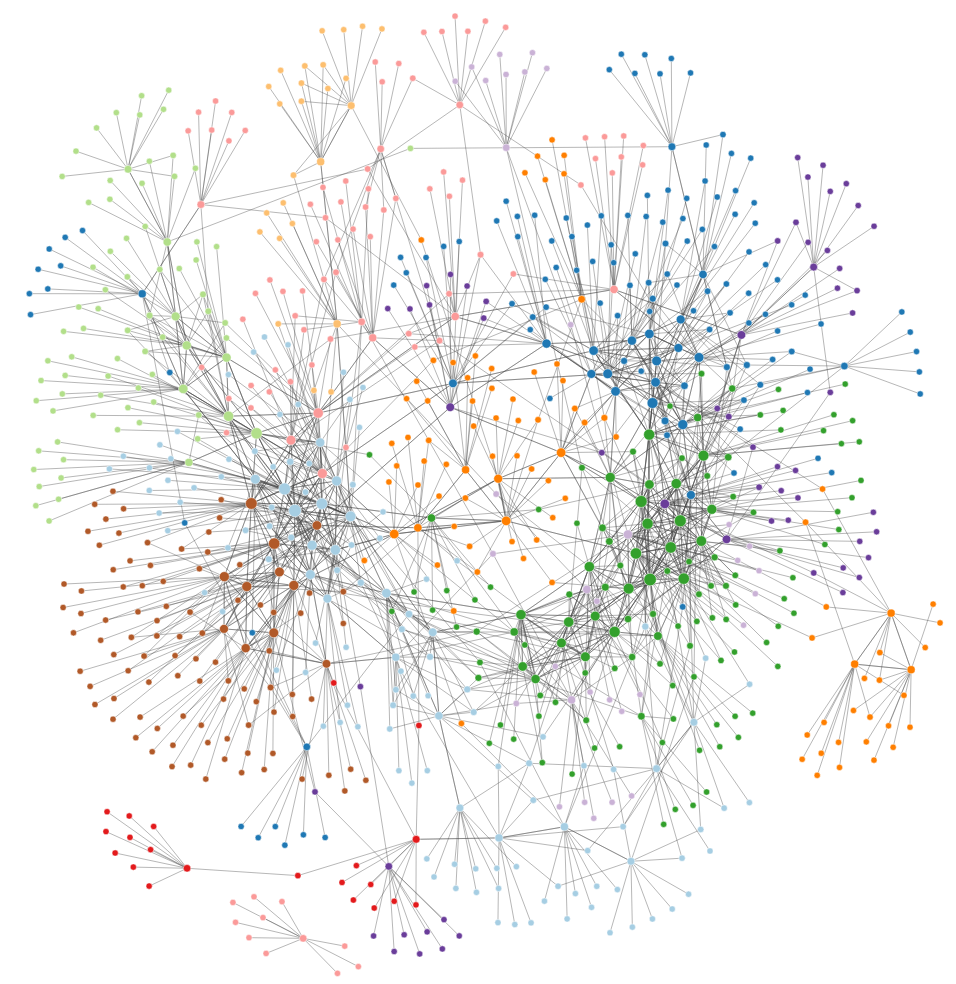Why should you attend?

Researchers mining image data are gaining momentum: papers are shifting from proof-of-principle to biological discovery. But we are not yet much of a true community, beyond reading each others’ papers and a few pairwise interactions at conferences. We would like to change this by bringing everyone together in the same room! Collectively, we have tremendous knowledge and insights into this challenging field.

Twenty participants from the front lines of analyzing morphological data will be invited to this first-ever hackathon, including postdocs, students, and staff scientists. In weeks leading up to the event, participants will join in a public discussion on Github, mapping out options for analysis at various steps in the workflow. Attendees will then join together for seminars, lectures, social events, and hacking during a two-day event in Boston. We aspire to gather a diverse and engaged group of both morphological profiling experts and members of related fields, such as alternate profiling methodologies. Everyone involved will be an active contributor (even if remote), no passive absorption of others’ ideas allowed! We assume participants will be willing to share their analysis strategies, given that each laboratory’s “competitive advantage” in this field does not come from their data pre-processing pipeline but rather from computational techniques downstream of the steps covered in the event, and from biological discoveries derived from their unique data. Given space limitations, we have limited the participation of the hackathon to researchers who are using microscopy images specifically for profiling – that is – using images to identify biologically relevant similarities and differences among perturbed samples.
Prepare to Hack
All attendees will partake in an online collaborative conversation to map out the steps of a typical morphological profiling workflow. This will provide a basis for the hackathon.
Day before Hackathon
Those arriving in town early can spend the afternoon seeing Boston with other participants
Hackathon
- Get to know the community: Introductions, motivations, and personal goals
- Learn from peers: Seminars and tutorials from and for attendees including experts in gene expression and proteome profiling
- Hack!: Groups will work through results, workflows, software tools, and code for specific steps of the workflow
- Come together: Share knowledge and expertise, and, where possible, outline best practices
- Create an impact: Document strengths, weaknesses, limitations, and appropriate usage of various alternatives at each step.
- Leave with a plan: Plan for community-driven open source toolboxes for the various steps of morphological profiling
After the hackathon
We hope to leave with any of the following:
- public wiki that outlines steps in a typical data analysis workflow for morphological profiling (complete with tips and tricks)
- compilation of test data sets and ground truth for testing methods
- plans for community-driven open source toolboxes for the various steps of morphological profiling
- code that demonstrates different analysis options
- plans for future events
- The beginnings of long-term collaborations among members of the community
Logistics
Funding
Meeting room and group meals will be covered by the organizers/funders. Each participant should plan to finance their own travel and lodging (exception: some support can be provided for attendees from under-represented groups; please contact us). Please note that space is limited in order to maintain high levels of engagement.
Lodging
We have obtained a limited number of hotel rooms at Hotel Tria in Cambridge, Ma for $199/night. To make reservations, call the Best Western Plus Hotel Tria at (617) 491-8000 and reference the Broad Institute Room Block.
Transportation
The closest airport is Boston Logan Airport (BOS). Hotel Tria offers a shuttle to Harvard Square, which is a 25 minute walk to the Broad Institute. The Broad Institute is accessible by the MBTA red line at the Kendall/MIT stop. The red line has a stop called Harvard in Harvard Square and a stop called Alewife .5 miles from Hotel Tria.
Organizers
The Carpenter lab at the Broad Institute is organizing the event. The Carpenter Lab is based at the Broad Institute of MIT and Harvard in Cambridge, Massachusetts, USA. Our research group develops advanced methods and software tools to quantify and mine the rich information present in cellular images to yield biological discoveries. Our laboratory is best known for our open source software packages CellProfiler and CellProfiler Analyst, but our main focus these days is profiling: we are using advanced machine learning methods to identify morphological patterns in cell populations, to probe the causes and cures for disease.

